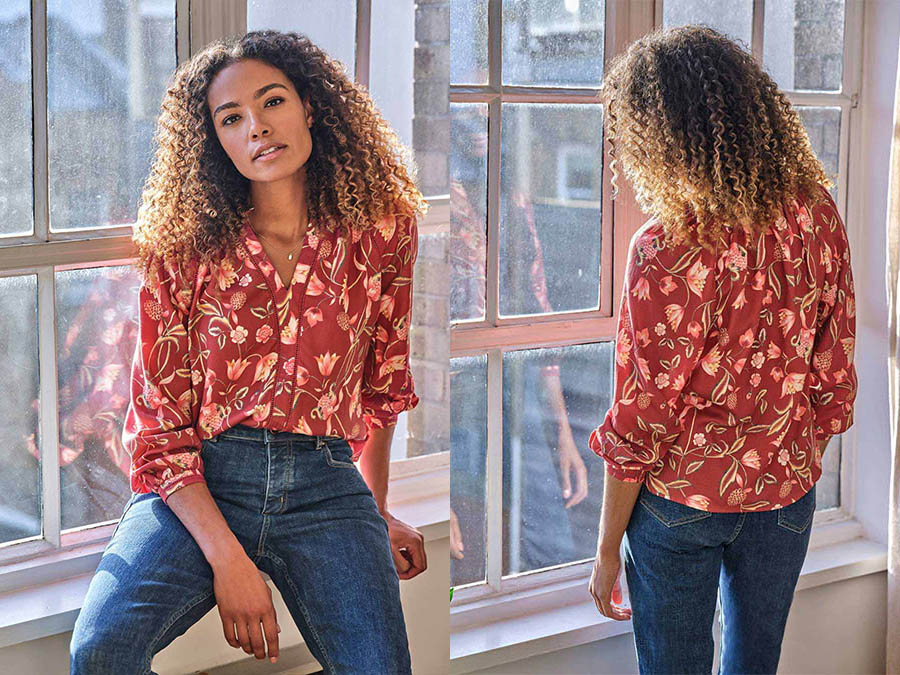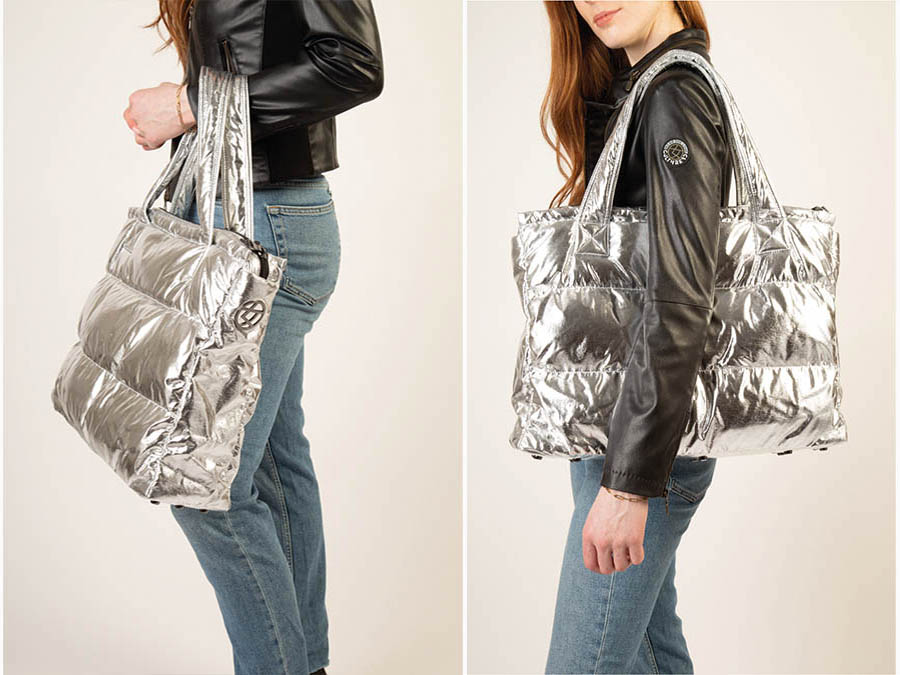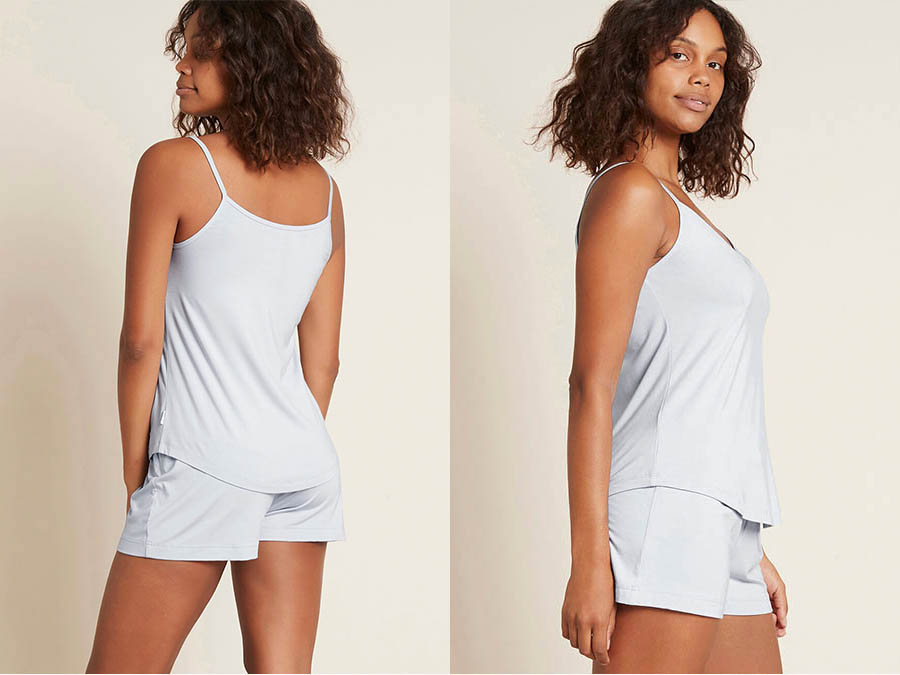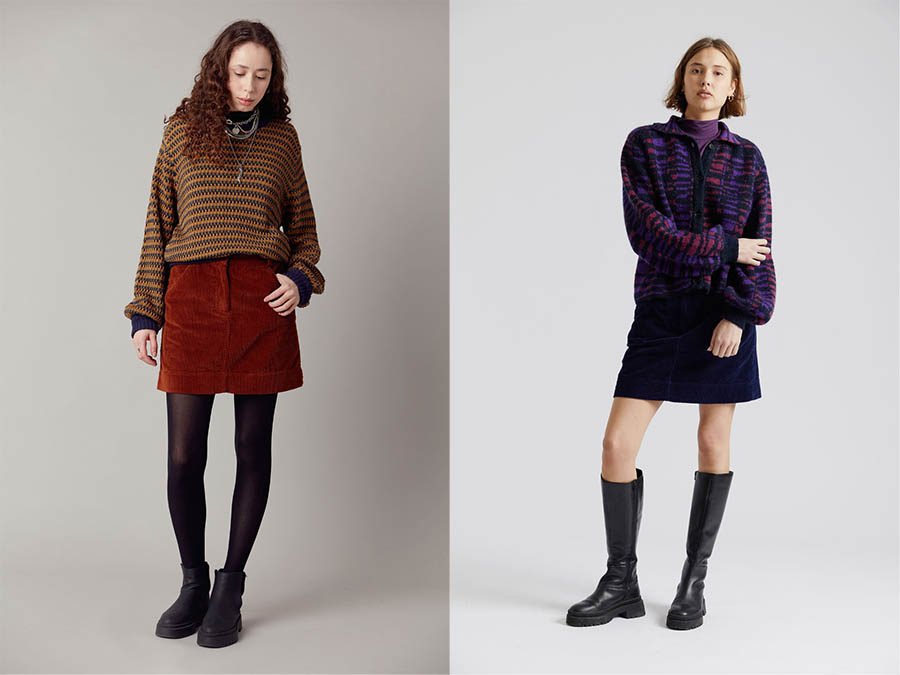How to Choose Sustainable Footwear
Choosing sustainable footwear is an important step in reducing your environmental impact and supporting ethical practices in the fashion industry. Here at sustainablefashion.ie, see our tips on how to choose sustainable footwear.
Popular Types of Sustainable Shoes
Sustainable shoes have gained popularity as people become more environmentally conscious. There are various types of sustainable shoes available, each with its unique features and materials. Some popular types of sustainable shoes include:
1. Vegan Shoes
These shoes are made without any animal-derived materials, such as leather or suede. Instead, they use synthetic materials like microfiber, organic cotton, and recycled plastics.
2. Recycled Material Shoes
These shoes are made from recycled materials, including recycled plastics, rubber, or even old shoes. Brands like Adidas and Nike have released lines of sneakers made from recycled ocean plastic.
3. Cork Shoes
Cork is a sustainable material because it is harvested from the bark of cork oak trees without harming the tree. It’s lightweight and comfortable, making it a popular choice for sandals and casual shoes.
4. Hemp Shoes
Hemp is a fast-growing, sustainable material that can be used to make shoes. It’s durable and breathable, making it suitable for various shoe styles.
5. Bamboo Shoes
Bamboo is another fast-growing and sustainable material. It’s often used for insoles, linings, and even the outer part of the shoe.
6. Recycled Rubber Shoes
Some brands create the soles of their shoes using recycled rubber from old tires. This not only reduces waste but also provides a grippy and durable sole.
7. Organic Cotton Shoes
Organic cotton is grown without harmful pesticides and chemicals, making it a more environmentally friendly option for shoe uppers and linings.
8. Upcycled Shoes
Some companies repurpose old shoes or materials into new footwear. This reduces waste and promotes creativity in design.
9. Jute and Raffia Shoes
Jute and raffia are natural, biodegradable fibers used in making eco-friendly shoes, particularly espadrilles and summer footwear.
10. Wooden Clogs and Sandals
Wooden clogs and sandals use sustainably sourced wood for the sole, and often, the straps are made from natural materials like leather or canvas.
11. Handmade Shoes
Shoes that are handmade often have a smaller carbon footprint because they are produced in smaller quantities, and artisans may use sustainable materials and practices.
12. Zero-Waste Shoes
Some brands aim to create shoes with minimal waste by carefully designing and utilizing every part of the material they use.
13. Repairable and Resole Shoes
High-quality shoes designed for durability and easy repair are a sustainable choice, as they can be maintained and used for a long time, reducing the need for replacements.
It’s essential to research and choose brands that align with your sustainability values and practices, as not all products labelled as “sustainable” are equal in terms of their environmental impact.
Look for certifications like “Fair Trade,” “Global Organic Textile Standard (GOTS),” or “Cradle to Cradle” to ensure the shoes meet certain environmental and ethical standards.
Simple Ways How to Choose Sustainable Footwear
Choosing sustainable footwear can be tricky as we all know. However, here are some rules to stick to when buying your next pair of sustainable footwear.
1. Research Brands
Start by researching and identifying footwear brands that are known for their commitment to sustainability. Look for brands that use eco-friendly materials, have ethical labour practices, and transparent supply chains. Some well-known sustainable footwear brands include Allbirds, Patagonia, and Toms.
2. Eco-Friendly Materials
Pay attention to the materials used in the footwear. Look for options made from sustainable materials like organic cotton, recycled plastic, Tencel, hemp, cork, and more.
Avoid products made from virgin synthetic materials and leather unless they are certified as environmentally friendly.
3. Certifications
Check for certifications that indicate the product’s sustainability, such as Global Organic Textile Standard (GOTS) for organic textiles, FSC certification for sustainably sourced wood, or certifications from organizations like Fair Trade or B Corp that vouch for ethical practices.
4. Vegan Options
If you’re looking to avoid animal products, opt for vegan footwear made from synthetic or plant-based materials rather than leather or suede.
5. Durability
Choose high-quality, well-constructed shoes that will last longer. Durable footwear reduces the need for frequent replacements, which in turn reduces waste.
6. Local and Artisanal Brands
Support local and artisanal shoemakers who produce their products on a smaller scale, often with more attention to detail and sustainable practices.
7. Second-Hand and Upcycled Options
Consider buying second-hand footwear or upcycled shoes, which not only reduce waste but can also be unique and stylish.
8. Recyclability
Look for shoes that are designed for easy disassembly and recycling. Some brands offer take-back programs for their products.
9. Low-Impact Packaging
Consider the packaging when making your purchase. Brands that use minimal, recyclable, or biodegradable packaging are more environmentally conscious.
10. Energy and Water Usage
Some brands disclose their efforts to reduce energy and water consumption during the manufacturing process. Research and support those that prioritize resource efficiency.
13. Comfort and Style
Sustainable footwear doesn’t mean you have to sacrifice style or comfort. Choose a pair that fits your personal style and is comfortable to wear, ensuring that you’ll get the most use out of them.
14. Repairability
Consider whether the shoes are repairable. Some brands offer repair services or sell replacement parts, extending the life of your footwear.
15. Usage
Think about the intended use of the shoes. For everyday wear, look for versatile and long-lasting options.
If you need footwear for a specific purpose, such as hiking or running, choose sustainable options designed for those activities.
16. Budget
Sustainable footwear can sometimes be more expensive due to the use of eco-friendly materials and ethical practices.
However, investing in quality and sustainable footwear can save you money in the long run by reducing the frequency of replacements.
And Finally
By following these guidelines, you can make more eco-conscious choices when it comes to footwear and contribute to a more sustainable fashion industry.






